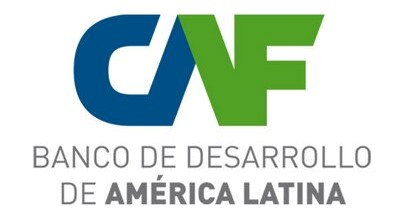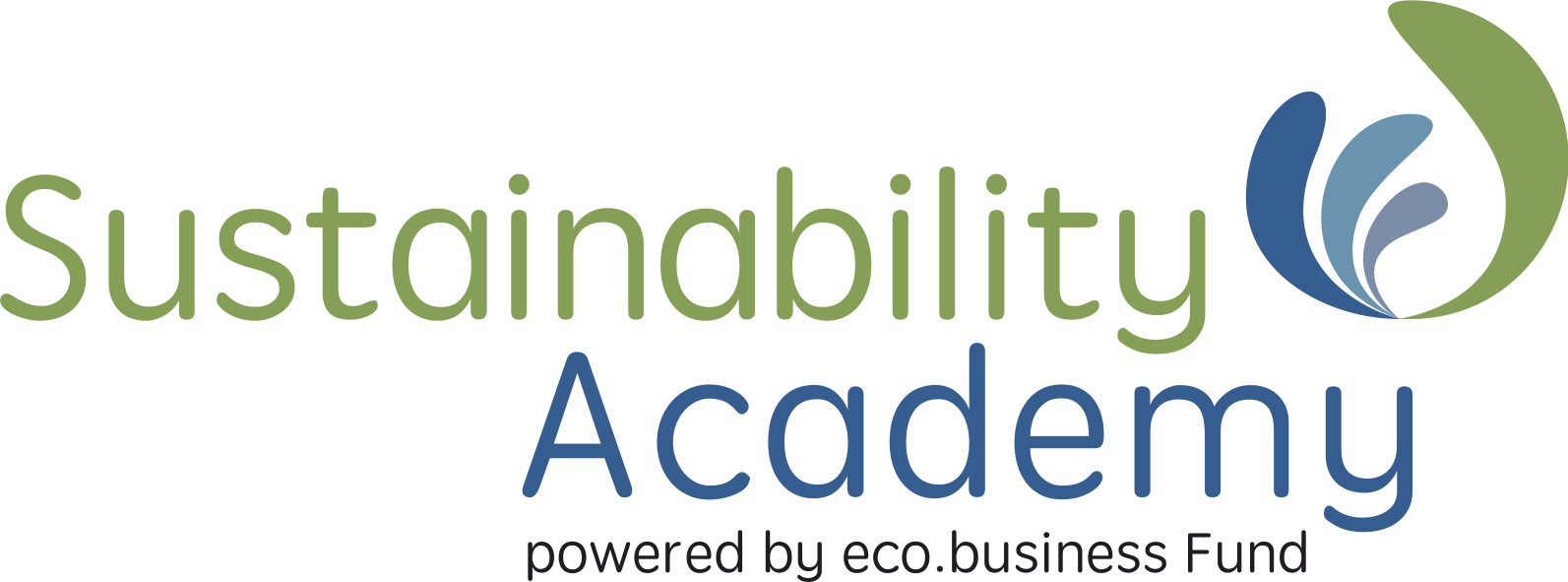A recognised bank used on average 7,000 tons of paper annually. They decided to buy recycled paper instead of virgin fibre paper. This resulted in:
- Energy Savings
- Greenhouse gas emissions reduction
- Avoiding the generation of 17 millions of gallons of residual water
- Avoiding the generation of 2 millions of pounds of solid wastes
- Conserving more than 6.800 tons of wood.
If this financial institution obtained these results with just one action, what do you think your institution could accomplish with several actions, and how much money do you think that you could save?
Discover how your institution can make real savings whilst at the same time helping the environment.
The Online Course on Corporate Eco-Efficiency in Financial Institutions (CEFI) seeks to train representatives of the financial sector on how to make efficient use of the resources involved in the daily internal operations of financial institutions (FIs) and thus reduce their environmental footprint.
Courses are directed specifically at middle and higher level FI representatives responsible for operational and procurement matters within their institutions. A limited number of places are also available for representatives from relevant stakeholder audiences including: supervisory/regulatory bodies, banking associations, government agencies, academic institutions, NGOs and civil society organisations involved in finance and sustainability issues.
Course in 2024
| Date | Language | Tutor |
| 23 September to 11 October | Spanish | Gustavo Portaluppi |
Content and structure
Each course guides participants through five key areas in which financial institutions have a direct impact on the environment:
- Water
- Energy
- Transportation
- Buildings
- Supply Chains
Through the CEFI Course, financial institutions and other relevant stakeholders can achieve their commitments to Sustainable Development Goals (SDGs). There are three key SDGs in this area:
- Goal 6 – Water: Ensure availability and sustainable management of water and sanitation for all
- Goal 7 – Energy: Ensure access to affordable, reliable, sustainable and modern energy for all
- Goal 13 – Climate change: Take urgent action to combat climate change and its impacts
Each course is divided into three parts:
- Introduction to the themes and practical assignments: This part of the course lasts two weeks. Participants are required to do readings, work on real case studies, take part in discussiona and hand in an assignment on ecoefficiency measures that could be implemented in their respective institutions.
- In-house implementation: During this part of the course participants no longer produce assignments online; instead during two days participants are invited to develop a set of ecoefficiency measures directly within their respective institutions.
- Final assessment: Participants reconvene on the Online Course platform together with the course Tutor to present and assess the results of their in-house experiments.
Duration and cost
The course runs over three weeks, for two hours/day on average, Monday to Friday. The timetable is flexible as participants can set their own study times.
| Participant Profile | Fee |
| Representatives of medium-sized and large financial institutions (non-UNEPFI-members)* | 1100 USD |
| Representatives of small financial institutions (non-UNEPFI-members)* | 910 USD |
| Representatives of UNEP FI members (including from headquarters & from subsidiaries that pay the annual UNEP FI membership fee) | 660 USD |
*Please note that course fees serve exclusively to cover the costs of running the course and all payments for the ECIF courses are final and no refund will be given.
Testimonials
Overall, 11 CEFI online courses have taken place in Spanish with a total of 167 participants since 2008.
Read from former participants below:
“I would just like to thank you for the creation of these courses, which provide an overview of relevant topics for companies and, above all, for individuals” – Angel Alberto Ascencio Rivera, Head of Department, Banco Hipotecario de El Salvador, S.A., El Salvador
“Excellent virtual course on financial eco-efficiency, the experiences of other institutions and the tools presented in the course will be very useful to make efficient and effective inroads into good environmental management.” – Ana María Maugué Egazo, Corporación Financiera Nacional B.P., Head of Transport Credit Process and Special Programmes Supervisor, Ecuador
“I found the success stories quite interesting and as far as good practices are concerned, I think it is extremely important to consider that you don’t necessarily have to take big investment actions such as implementing technologies, etc., but that you can apply small changes with a bigger impact”. – Andrés González Reyes, Sustainability Manager, Grupo Financiero Banorte, Mexico
“Thank you very much for tutoring this course. The topics covered have been of great importance and will be of great benefit to my institution.” – Tania Orantes, Infrastructure Supervisor, Banco Hipotecario, El Salvador
“Excellent course. Very up-to-date and useful topics” – Verónica Andrago, Head of Asset Management, BGR, Ecuador
Training partners:
The CEFI Online Course is a product of the Latin American Task Force of the United Nations Environment Programme Finance Initiative (UNEP FI), and the Ecobanking Project, developed with the support of the Deutsche Gesellschaft für Internationale Zusammenarbeit (GIZ) GmbH, and the INCAE Business School. The course material has been updated in 2020 with the support of the Sustainability Academy, an initiative of the eco.business Fund Development Facility, and CAF – Latin American Development Bank.





